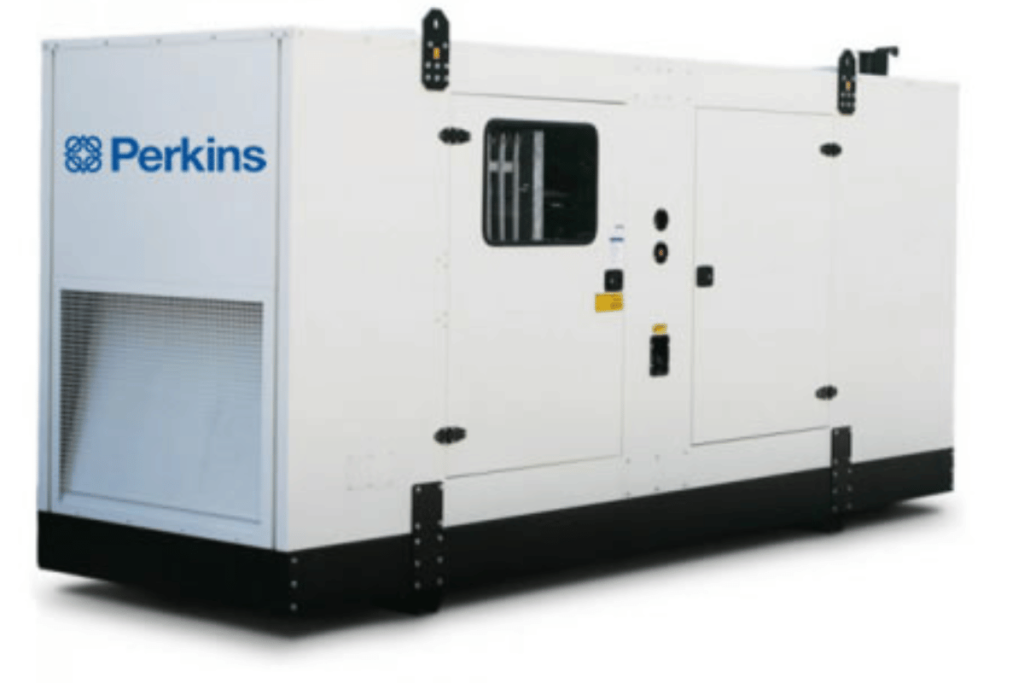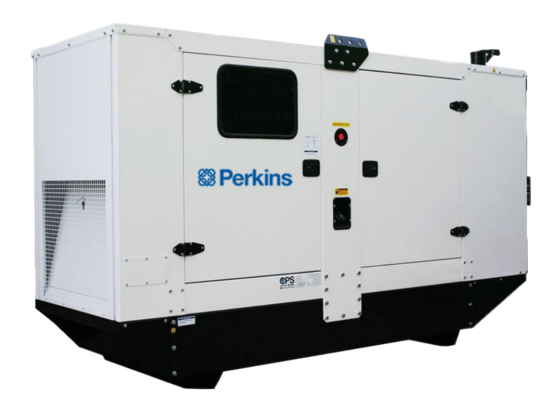Diesel Generator Parts: A Comprehensive Overview
Diesel generators are essential powerhouses that provide reliable electricity in various settings, from construction sites to residential areas, during power outages. Understanding a diesel generator’s components and functions is crucial for efficient operation and maintenance. In this blog post, we will delve into the parts of diesel generators, describing each component and highlighting the fundamental role of diesel generators.
Parts of Diesel Generators
1. Engine:
The engine is the heart of a diesel generator. It runs on diesel fuel and converts fuel into mechanical energy. Common engine types include four-stroke and two-stroke engines, each with its own set of advantages and applications.
2. Alternator:
Also known as the generator head, the alternator converts the mechanical energy generated by the engine into electrical energy. It produces alternating current (AC) for powering various electrical appliances and machinery.
3. Fuel System:
The fuel system includes components such as the fuel tank, fuel filter, and fuel pump. The fuel tank stores diesel, while the fuel filter ensures that the fuel entering the engine is impurity-free. The fuel pump delivers fuel to the engine in the required amount.
4. Voltage Regulator:
The voltage regulator monitors and adjusts the output voltage to maintain a stable power supply. This is crucial for preventing damage to connected devices.
5. Battery Charger:
The battery charger uses a small portion of the generator’s output to keep the battery charged. This ensures that the generator can start when required.
6. Control Panel:
The control panel provides a user interface for operating the generator. It includes switches, buttons, and indicators that allow operators to start, stop, and monitor the generator’s performance.

Function and working of Diesel Generators
The primary function of a diesel generator is to provide a reliable and continuous source of electrical power.
1. Fuel Combustion: Diesel fuel enters the engine cylinders, which combusts due to the high compression ratio. This combustion produces high-pressure gases that drive the engine’s pistons.
2. Mechanical Energy: The engine converts the chemical energy in diesel fuel into mechanical energy. This mechanical energy turns the alternator’s rotor.
3. Electrical Generation: The alternator’s rotor spins within the stator, generating an electrical current. This current is processed and regulated to produce a consistent and usable output voltage.
4. Power Distribution: The generated electricity powers connected devices, equipment, or an entire facility.
In conclusion, diesel generators provide a reliable power supply for various applications. Understanding the different parts’ functions is essential for effective operation, maintenance, and troubleshooting. For top-quality diesel generators, explore the offerings at Kanoo Machinery, a trusted distributor in the UAE, ensuring power solutions that meet your requirements.



















